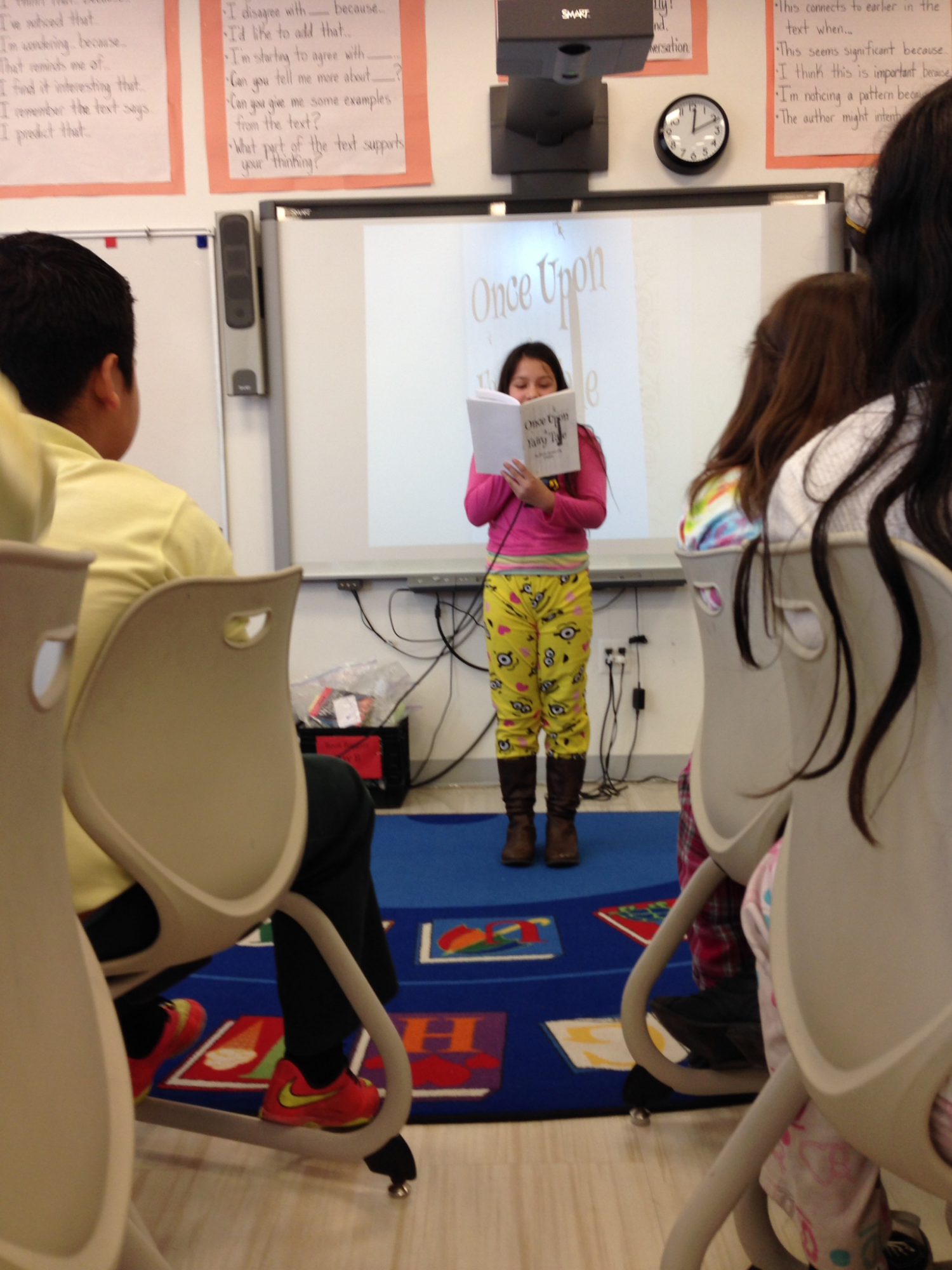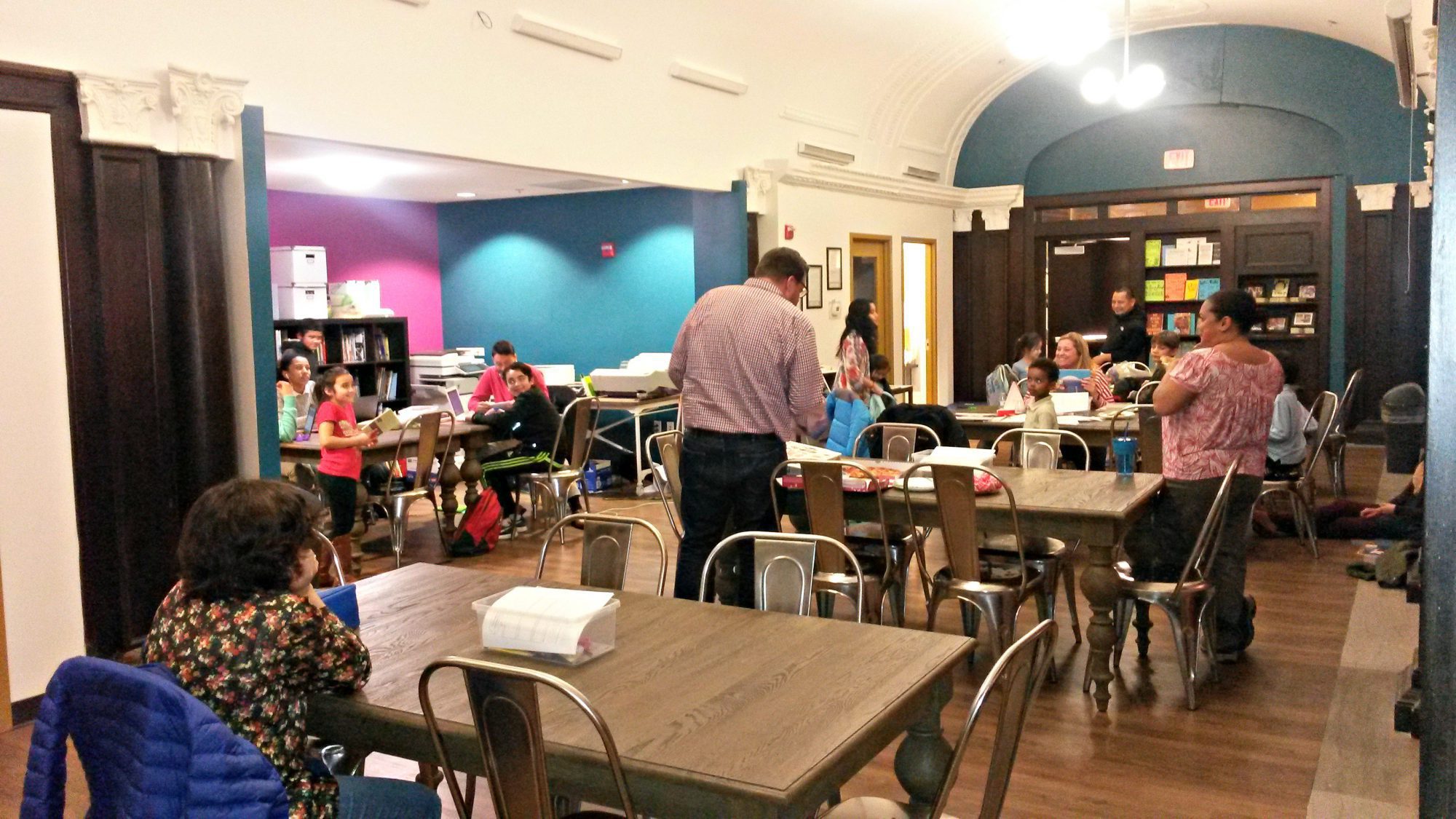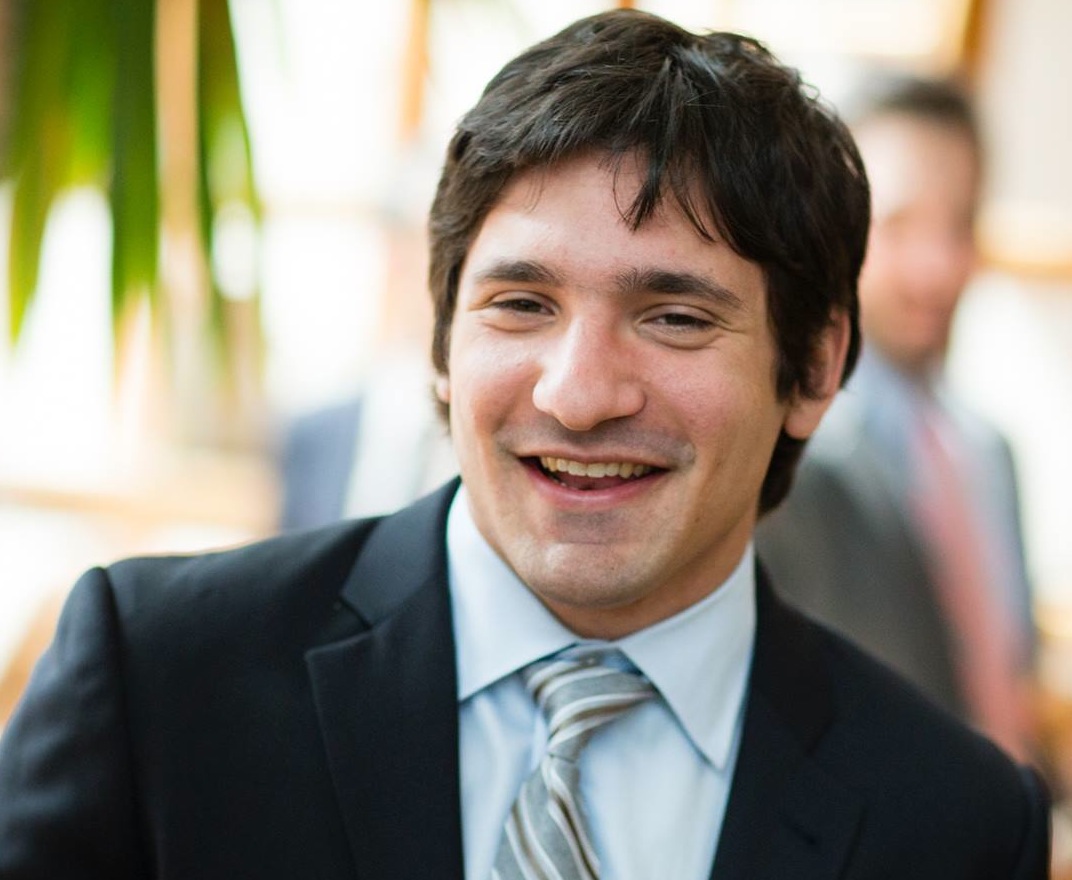By Olive Sherman , 826DC Intern, January 2017
The only time I’ve ever read a first-hand account of a black high schooler getting tailed in a Bloomingdales was at the SEED School through 826DC, and that seems like a problem. I read all the time about Prom in high school and applying to college, and first kisses, but never about things like the dangers of the foster care system or experience in homelessness. I worry it’s because we say the kids with those experiences can’t write well.
In school we learn that good writing is complex sentence structure and correct spelling and verb/noun agreement, but in a lot of ways I think history tells us otherwise. The students I’ve been working with this month through 826DC think they’re bad writers because these technicalities are challenging for them, but good writing really only needs intention and meaning, and they all do that. I want my students to read Hemingway who doesn’t use conjunctions, or Eileen Myles who “misuses” the comma, or Lydia Davis whose structure is short and sweet and to the point. I think they’ll see they have a lot more in common with the canon than they realize.
It’s hard to believe your writing is good and to believe in your own voice when everything you’re writing is for a grade that will (seemingly) impact your whole future. The purpose of 826DC is different from a teacher’s purpose because 826DC wants students to enjoy writing and take pride in it. To students from challenging backgrounds, who have gone through English programs that are not helpful, who don’t consider English their first language, or who speak English at home that sounds different, we say write down your stories and we’ll publish them in a real book. 826DC conveys a different message, one that listens to and validates students’ life experiences. We assure them that they are smart and they are important and should continue to speak up, that the message is more important than the medium.
We do not, however, pretend that writing is easy. It’s not. Over the course of this internship I’ve watched students in grades 1-12 struggle with focus—though given the circumstances (time of day, insufficient amount of time, noisiness), it might not be a testament to their own ability so much as to their environment. Many students at in-schools will not write in the time allotted because the challenge of writing seems insurmountable. The process of coming up with words in your head, then switching to better words, then structuring and restructuring sentences so the words say exactly what you want them to is so unbelievably challenging and slow and painful, and it’s too bad no one ever acknowledges it as such. Feeling like something is difficult for only you can be incredibly discouraging. 826DC doesn’t let students think they’re alone in the pain of writing; it only reminds them of the pay off, of the prospect of being a published author at ten-years-old!
Because we go to schools where writing and life is challenging and publish the students’ work, 826DC amplifies marginalized and undervalued voices. We encourage mistakes, and we don’t give up on writers who are afraid of writing. We are supportive. If you have something to say, SAY IT! We want to hear it. We’re going to help.



